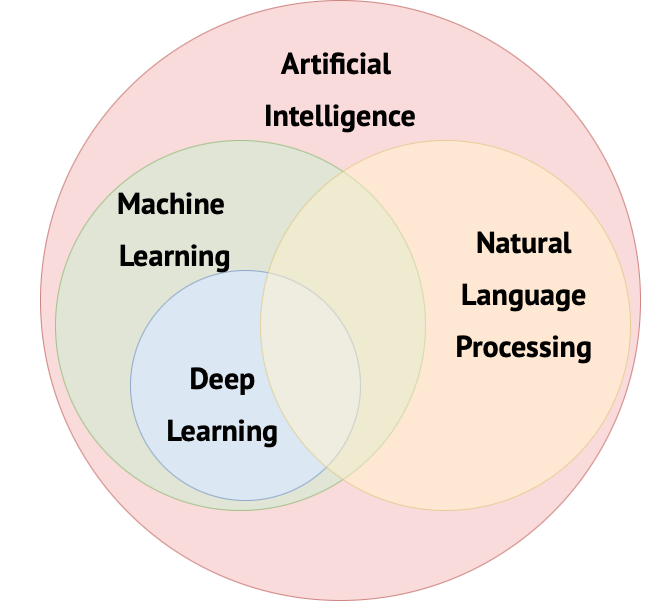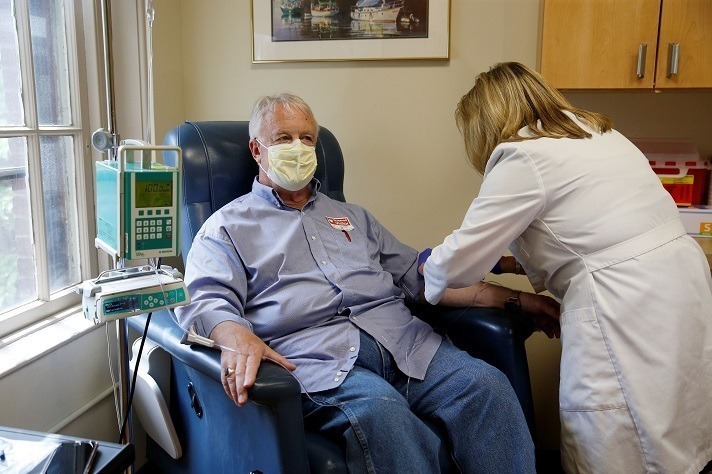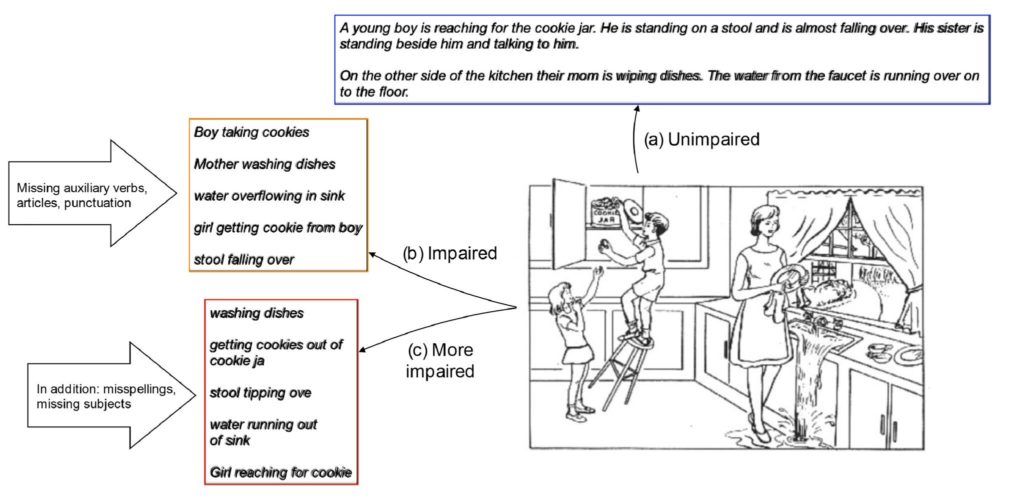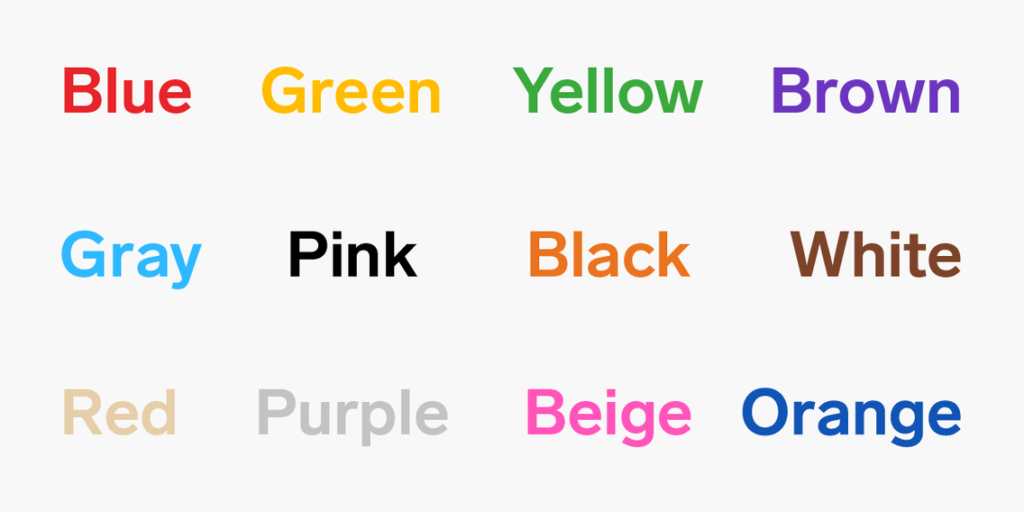Posts Tagged ‘neuropsychological’
Fully-automated analysis of voice recordings–from neuropsychological tests–found to help differentiate normal cognition from dementia and mild cognitive impairment
Voice Recordings Spot Cognitive Impairment (MedPage Today): A machine-learning model identified mild cognitive impairment and dementia from digital voice recordings of neuropsychological tests, an early study showed. Among 1,084 people in the Framingham Heart Study whose tests were recorded, the average area under the curve (AUC) reached 92.6% for differentiating normal cognition from dementia, 88.0% for…
Read MoreSix guidelines to navigate the Aduhelm controversy and (hopefully) help patients with Mild Cognitive Impairment and early-stage Alzheimer’s Disease
The approval of a controversial new drug for Alzheimer’s disease, Aduhelm, is shining a spotlight on mild cognitive impairment — problems with memory, attention, language or other cognitive tasks that exceed changes expected with normal aging. After initially indicating that Aduhelm could be prescribed to anyone with dementia, the Food and Drug Administration now specifies that…
Read MoreStudy with 330 centenarians finds that cognitive decline is not inevitable
Age-Related Cognitive Decline May Not Be Inevitable (WebMD): It is often assumed that a decrease in memory and brain function are inevitable parts of aging, but a new study of centenarians suggests otherwise. Investigators found that despite the presence of neurological issues generally associated with Alzheimer’s disease (AD), many centenarians maintained high levels of cognitive…
Read MoreStudy: Artificial intelligence program identifies linguistic markers that predict, with 70% accuracy, who gets Alzheimer’s Disease years later
Alzheimer’s Prediction May Be Found in Writing Tests (The New York Times): … the researchers looked at a group of 80 men and women in their 80s — half had Alzheimer’s and the others did not. But, seven and a half years earlier, all had been cognitively normal.
Read MoreTest your cognitive flexibility with this fun brain teaser
Ready to test your cognitive flexibility and concentration powers? Try this classic brain teaser, fun for kids and adults alike. Quick! Say aloud what color you see in every word. Don’t read the word — say the color :-) Tougher than expected, right? This brain teaser is actually called the Stroop Test and is often used in…
Read MoreStudy: 10-minute cognitive test MoCA helps predict long-term motor, cognitive and mortality outcomes after stroke
___ Simple test may help predict long-term outcome after stroke (Science Daily): “We found that this test, which takes less than 10 minutes, can help predict whether people will have impaired thinking skills, problems that keep them from performing daily tasks such as bathing and dressing and even whether they will be more likely to die,”…
Read More





